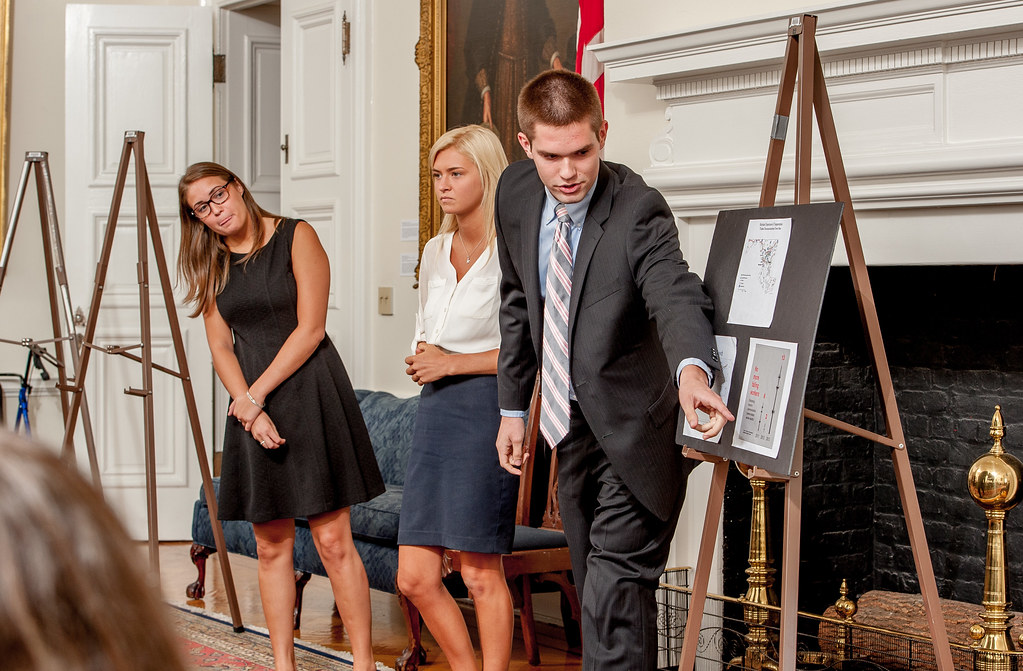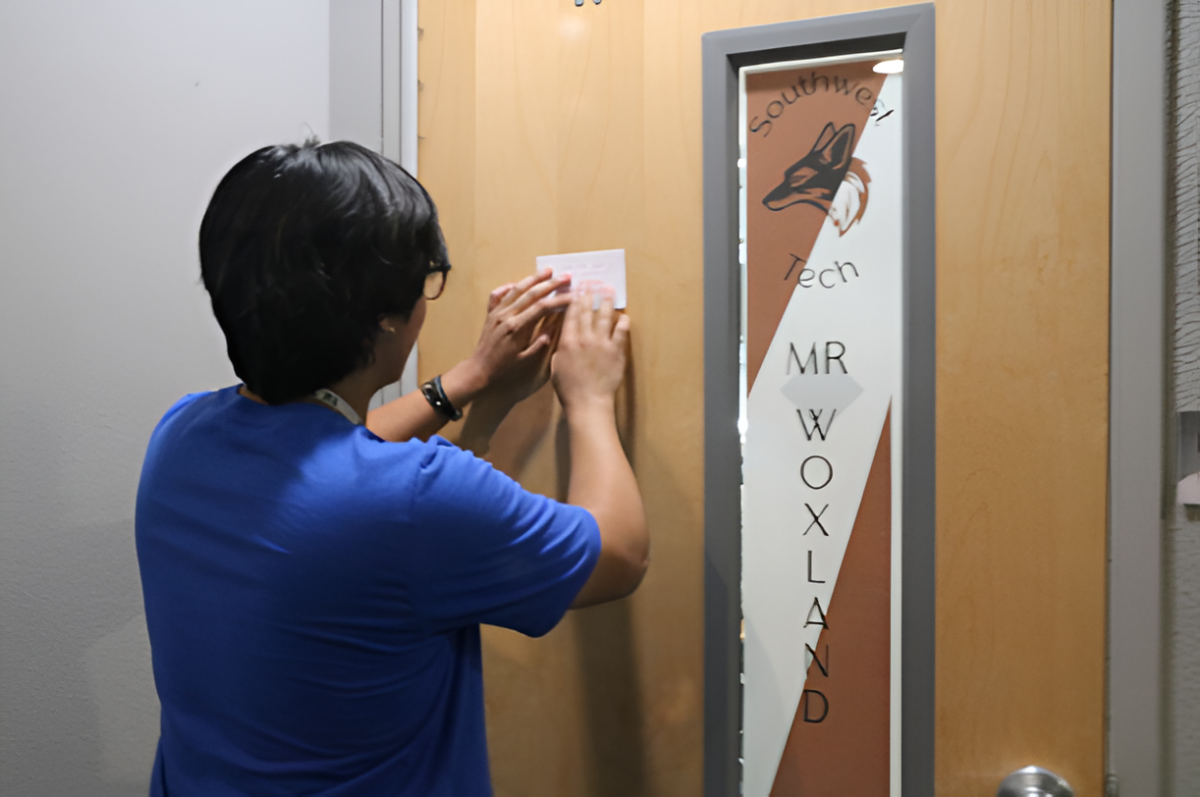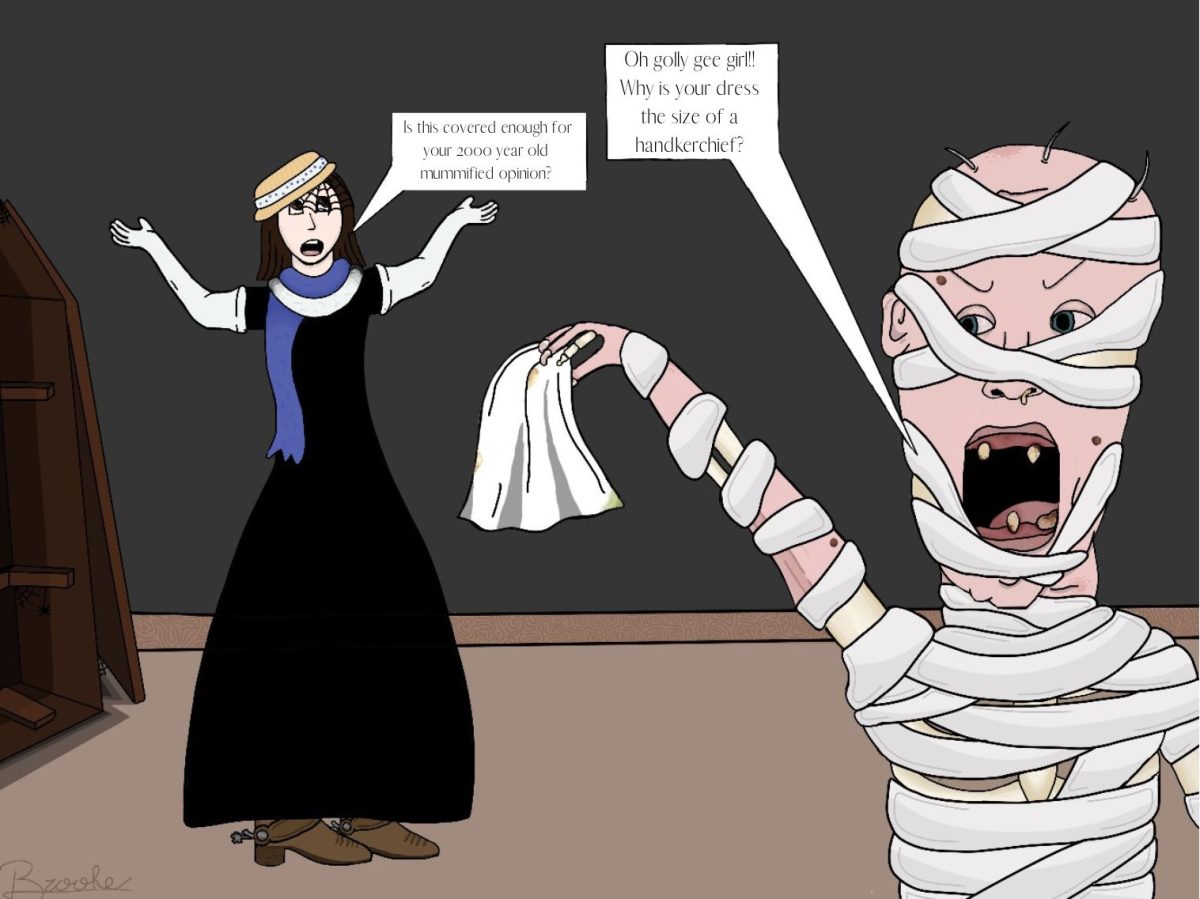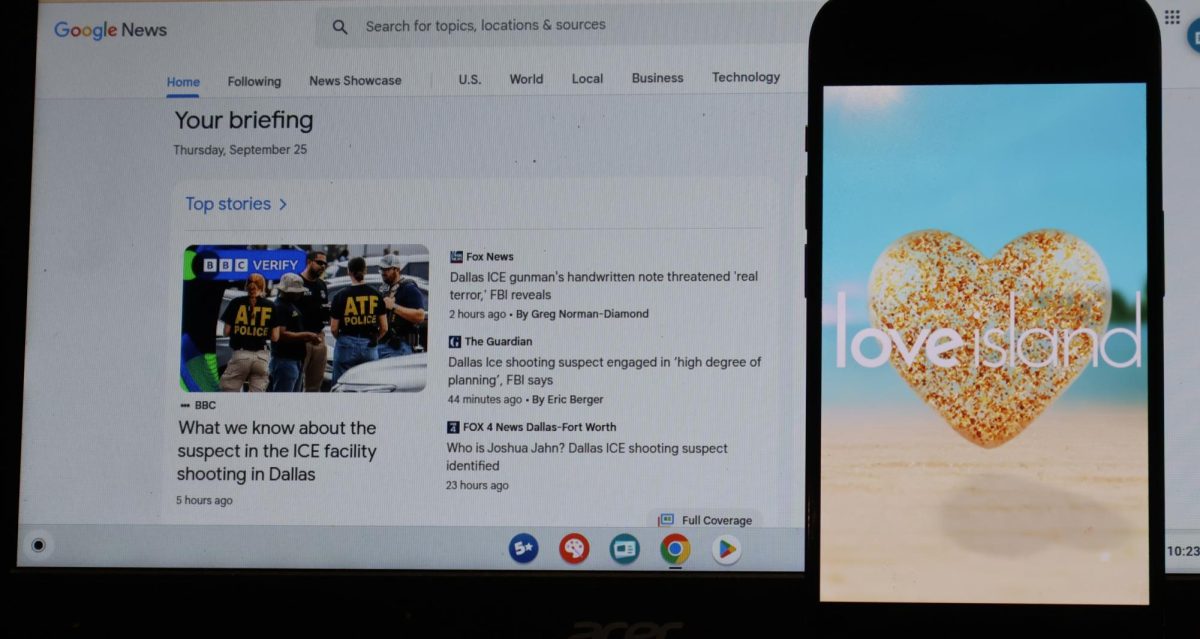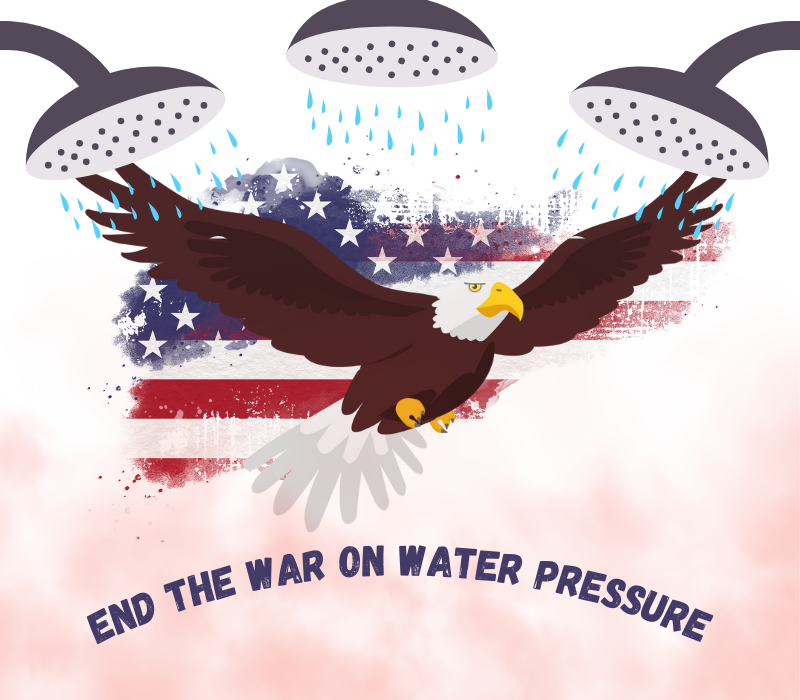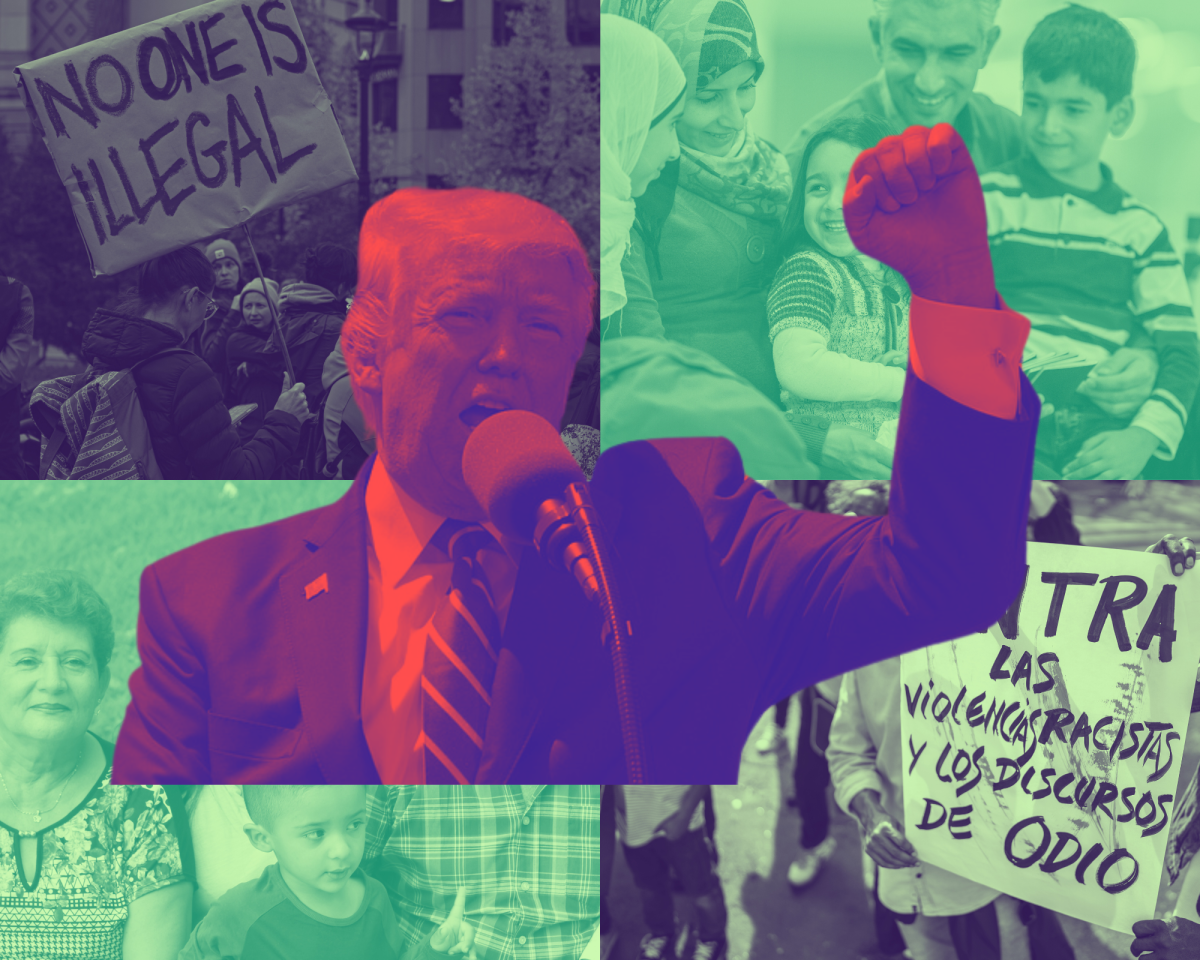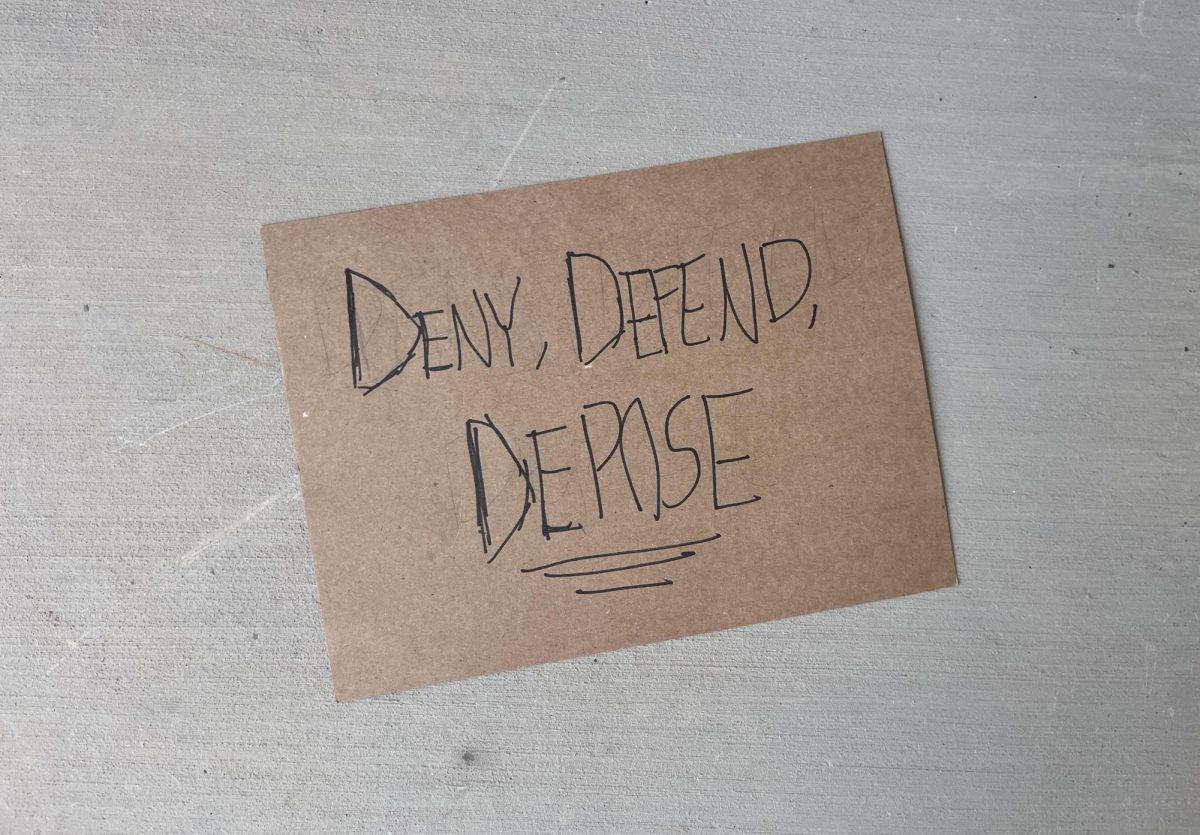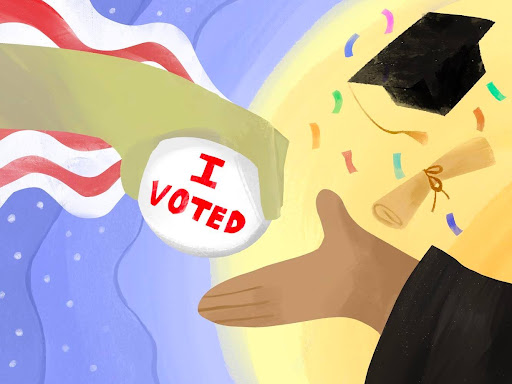Let’s paint a picture. Jack is a struggling college student and an intern at the world’s biggest paper company, working tirelessly from 9-5 to appease the corporate sharks sitting in the big office. For eight hours, Jack serves coffee, files orders, and makes copies, spending his free time in a droning office. Yet, when student dues come in the mail, Jack only has a measly $10 in his bank account.
Jack works for free. Well, not entirely free, he earns college credit for his internship.
But what even is an internship? Internships, utilized mostly by students, are offered by companies for students to work for them for a short period of time to gain experience and merit in their field of study. Commonly, interns are used as personal assistants, apprentices, and helpers. While some internships offer monetary salaries, a substantial amount of internships offer only college credit and work experience for the sometimes multiple hours they are expected to work.
It’s no question that most local and global companies strive to save money and ensure the biggest profit, choosing to offer unpaid internships to save a little cash. Many of them market these internships to teens, citing a “major acquisition of experience” if teens accept the internship. For companies, this is a huge win.
For decades, unpaid labor has been a huge issue in America. It would make sense to anyone that working for no money seems unethical and wrong, right? Yet, unpaid internships essentially hold the same concept. Many of them market themselves as beneficial, but it’s still as wrong as unpaid labor.
For example, a video broadcasting student looking for internships may see a KLAS 8 News Now internship that “offers meaningful educational and work experiences designed to meet the academic and career goals of the intern..” The offer may seem beneficial, but considering the work involved, it may be impossible for college students in debt or young adults trying to start a new life who need a steady income.
And even if an unpaid internship is the only opportunity, the job can be exploitative at times. Although having an unpaid internship at the best law firm over a paid job at a mediocre firm is probably fair, keep in mind that the majority of unpaid internships are from mid-tier, large corporations. You can easily find a paying position equivalent to the skill and experience the unpaid internship offers. And although the data shows that both unpaid and paid internships are highly beneficial to college students who plan to work for the same company they intern for, paid internships have a 52% chance to get a full-time job compared to unpaid internships.
STATISTICS ON UNPAID INTERNSHIPS by Rhamil Aloysius Taguba [STUDENT]
In addition, the harm of unpaid internships not only devalues the work of interns, but of paid, full-time employees too. Not paying for work/labor sends a clear message that an intern’s effort is not appreciated enough to earn financial compensation, and can harm the company’s image. Although having the benefit of college credit may be enough for some, but having money to actually live while completing college is even better. While students suffer in debt, hunger, and lack in time, unpaid internships barely help.
In fact, it’s even more dangerous for companies to host such programs anyways — unpaid internships have resulted in several multi-million dollar settlements which have had major payouts to those who felt their work should have been compensated with more than just a line on their resume. The famous Olsen twins’s entertainment company, Dualstar, received a lawsuit after several unpaid interns spent 50 hours a week performing a variety of administrative tasks, at one point even doing overtime, with no pay. At this point, the incentive to save money has actually cost some companies more money.
Even if workers agree to them, unpaid internships are still fundamentally unfair considering the severity of exploitation it enacts. The current guidelines for allowing unpaid internships are vague and have several loopholes — better legislation would prevent such practices. Interns shouldn’t be expected to have work hours or overtime if there’s no incentive other than college credit. They should be monitored most of the time and expected to act as assistants, not independent workers. And interns should have a government-run safeline in case companies become too abusive with their internships.
By doing this, the morally wrong values of unpaid internships can at least lessen, if not disappear completely. The exploitation of young, mostly college and high school students, needs to stop ASAP.

